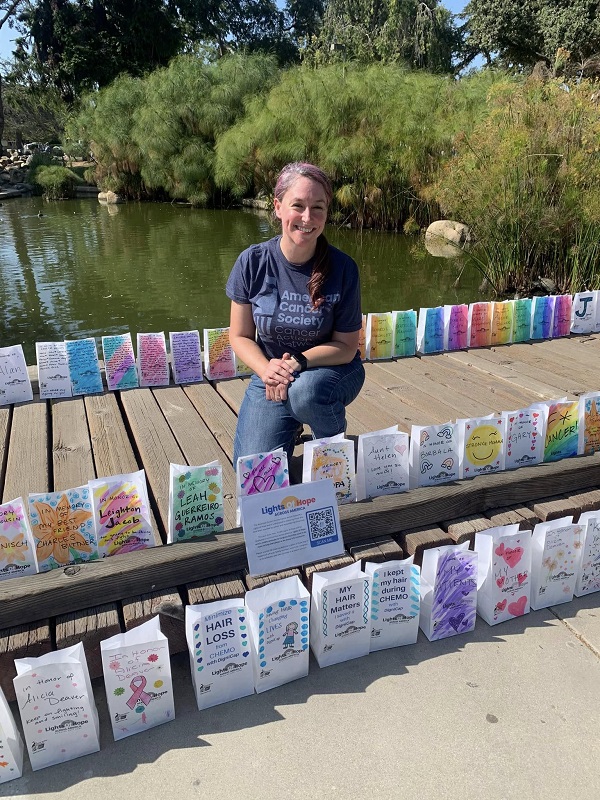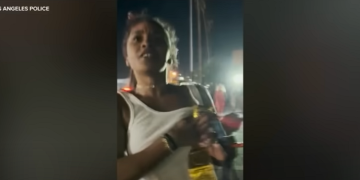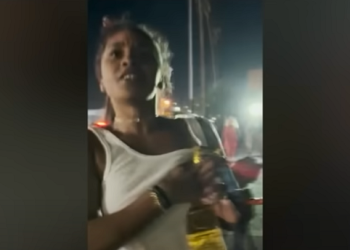By Zoë Muntaner
“When we deny the story, it defines us. When we own the story, we can write a brave new ending,” – Brené Brown.
Data is messy. It tells different stories depending on the analysis and frame. In his September 22, 2017, Op-Ed blog, Santa Monica City Manager, Rick Cole, addressed the frightening atmosphere of rising crime in Santa Monica: “Government’s number one job is the safety and security of residents – and with trust in government eroded across the board, our fragile sense of security is fraying as well.” He claims that in general the overall level of crime, particularly violent crime, is near historic lows that we have not seen since the ‘50s. However last week’s stabbing in the middle of the day in Downtown Santa Monica compounded with a shooting homicide the following day raised the temperature of Residocracy Founder, Armen Melkonians.
In an open letter to the Mayor, City Councilmembers and City Manager, Melkonians demanded the situation to be fixed or “get ready to be fired”.
Cole and Melkonians’ common ground is that safety and security are the number one priority of government. However, their approaches are distinctly different. Where Cole convenes a series of community conversations about crime, community policing, homelessness and the selection of our next police chief, Melkonians’ strategy aims at immediate leadership accountability by offering an ultimatum.
Earlier this year, Van Jones persuasive argument for political and ideological diversity on college campuses brings to mind the polarization in our city.
Jones analysized the ideological self-segregation of “safe spaces” discussing the good and bad of the proposal.
“Being physically safe on campus, not being subjected to sexual harassment and physical abuse,” was presented as a positive by Jones, while the counterview, “is now ascendant; it’s a horrible view, which is that ‘I need to be safe ideologically, I need to be safe emotionally, I just need to feel good all the time. And if someone else says something that I don’t like, that is a problem for everyone else, including the administration.”
Recent failed attempts of civility at community meetings in Santa Monica including incidents at the Democratic Club, the Committee for Racial Justice, and Familias Latinas Unidas, reflect the growing intolerance that insulates people and reveals fractures in our community.
In an attempt to mend some of these divides, and paradoxical to some chains of thought, Santa Monica City has organized a series of Community Conversations,
beginning last night at Allison Miller’s home on Pearl Street. The meetings are hosted by select community representatives.
“We look forward to talking with residents about the issues most important to them and how we can work together to tackle the challenges before us,” stated Santa Monica City Public Information Officer Constance Farrell.
While these community meetings are meant to foster inclusion, “There are two residents who have opted to keep their events private,” Farrell confirmed.
Those open to the public include Compassionate Santa Monica’s event at SPACES Co-Working in Santa Monica on November 13, Jennifer Kaplan will host on November 15, Rabbi Neil Comess-Daniels on November 20, Zina Josephs November 30, and Shawn Bieber on December 4.






















